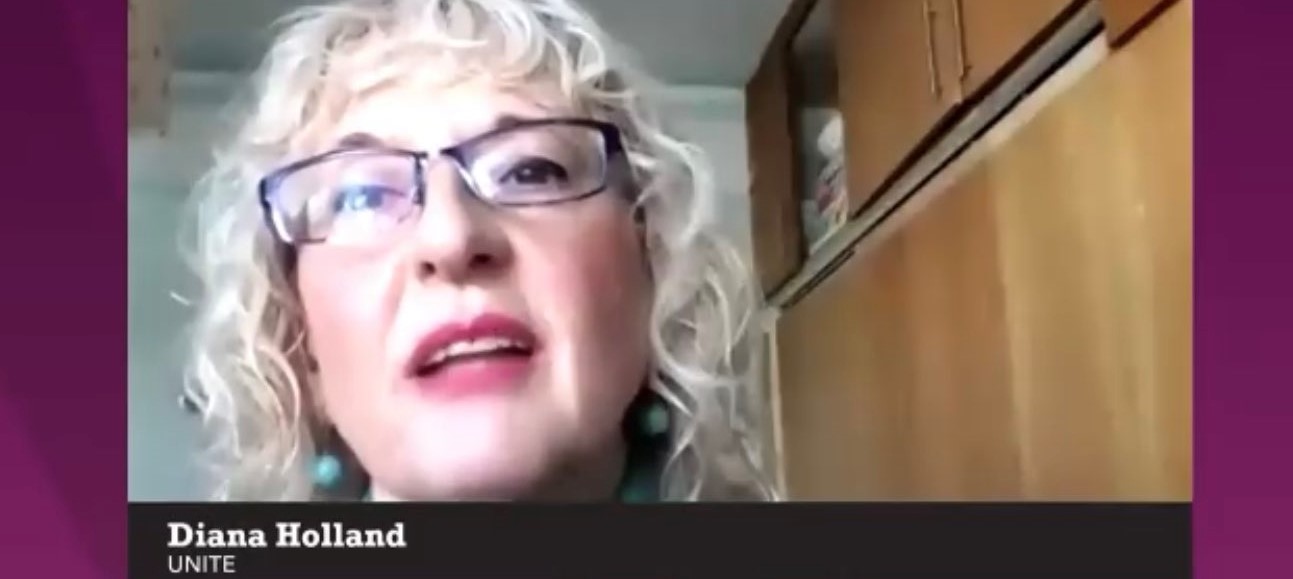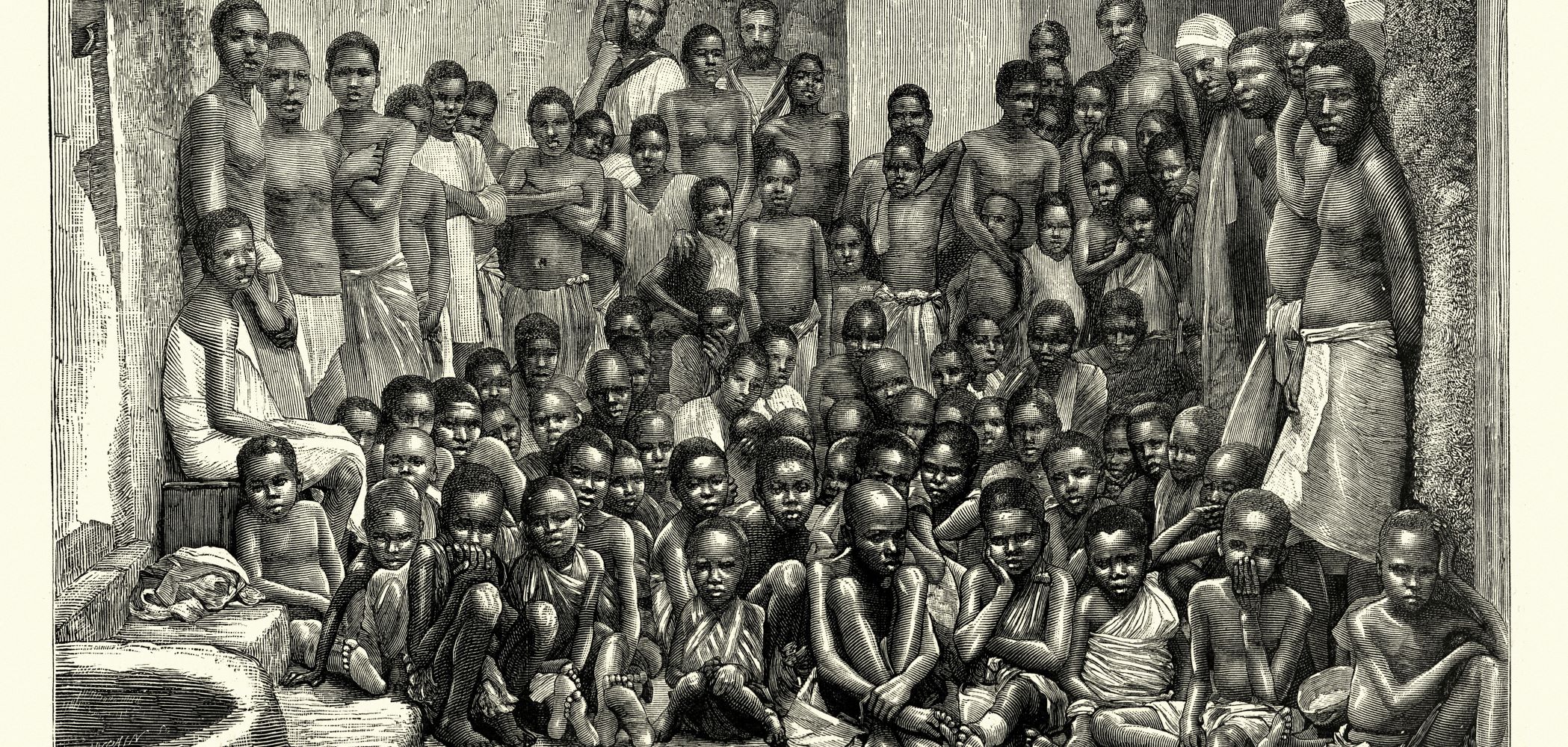Where racism fears to tread
One evening more than 20 years ago, Newcastle United goalkeeper Shaka Hislop was putting petrol in his car at a local garage, when four teenage boys across the street began shouting racist abuse at him.
The boys were relentless in their attack until one of them recognised Hislop – the boys then ran over to get his autograph.
It was in this moment that Hislop realised the power that football can have in combatting racism, and so the educational charity Show Racism the Red Card was born.
Show Racism, which Unite has long supported, celebrates its 20th anniversary this year. The charity goes out into communities, classrooms and football clubs and educates roughly 50,000 schoolchildren each year in England, Wales and Scotland about racism.
It enlists the support of professional footballers, as well as musicians, comedians and writers, to act as role models for the kids. It also works with trade unions, including Unite, to combat racism in the workplace.
As Show Racism the Red Card chief executive Ged Grebby notes, the charity has expanded its work over the years and now also focuses on fighting anti-immigration sentiment, Islamophobia and most recently, homophobia.
“We have got a quite diverse set of work that we do to combat racism and other forms of discrimination in the UK because the problem is itself very diverse,” he explained.

Ged Grebby, concerned for the charity’s future since govt funding stopped
Uncertain future
But despite reaching out to hundreds of thousands of children over the years and playing a major role in stamping out the racism that’s blighted communities across generations, Show Racism the Red Card, like so many charities, faces an uncertain future because of government cuts.
The charity’s government funding was stopped in March, and is yet to be renewed.
In one of the charity’s many events celebrating its 20th anniversary, MPs played against retired professional football players yesterday (May 23) at the Den, home to Millwall FC, to highlight the need for government support.
“Today’s celebrity match is about celebrating what we’ve accomplished but it’s also about lobbying Parliament,” he explained. “The department of education ended our funding in March and we’re still waiting to hear when or even if it’s going to be renewed.”
Legendary manager Lawrie McMenemy, who notably led Southampton to victory in the 1976 FA Cup, coached the team of MPs, which included ministers from a cross-section of parties.

Lawrie McMenemy and Len McCluskey ‘pitch in’ at Millwall against racism
McMenemy’s prowess was note quite enough to replicate his success 40 years ago – the opposing team of ex-professional footballers, which among others included Anwar Uddin, Britain’s first mainstream professional Asian player and Watford and Wimbledon FC’s Marcus Gayle, trounced the MPs 6 to 2.
McMenemy said that the charity match was an exemplar of the power football possesses in bringing people together.
“In today’s match, one team was obviously head-and-shoulders better than the other because they were ex-professionals,” he said.
“But it didn’t matter – the main thing was people were enjoying themselves; they mixed and mingled after the game. That’s what sport should be about and that’s what life should be about. It doesn’t matter what colour you are, what religion you are, you should respect people’s individual backgrounds.”
Anwar Uddin told UNITElive the struggles he faced as the first professional English footballer of South Asian origin.
“As a kid, I’d never come across any Asian players, managers or coaches or staff,” he explained. “At times you feel very much isolated because there’s literally no one like you. So when I first went into the game, a lot of my family and friends advised me not to — they wanted me to concentrate on my education instead.
â€Not for us’
“They didn’t feel football was for us because they didn’t feel that it was an environment with any role models from the Asian community.
“There was a lot lack of understanding about religion, about culture, back then,” Uddin added. “And going into that environment some of the things you would hear, some of the terms they would use — players, fans, everyone — it really wasn’t nice; it was inappropriate. But back then they didn’t have the understanding that they do now. It was tough.

Anwar Uddin: racism is not ‘mere banter’
Uddin said tackling racism is a slow, evolutionary process – one in which organisations such as Show Racism the Red Card must play an integral part.
He rejects the thinking of those who pass off racist jokes as mere banter.
“You’ve got to have some consideration — some people might be joking around but other people think its offensive,” Uddin said.
“Some people are just oblivious to this because they’ve never been the victims of racism. In the end, it’s simply about making any environment better, more open and inclusive for all people. If you do that, it’s conducive for success — it’s conducive towards having a better class, a better football team, a better workplace and a better family environment.”
Marcus Gayle agreed. “There’s a culture within the industry and society as a whole that allows racism to fester because it disguises itself as banter,” he said.
Harm caused
“But it needs to be confronted and challenged. People need to realise the harm that it’s causing because it goes beyond jokes – it creates an environment of isolation that can then, for example, block career pathways.
“There are hardly any black managers in the game, despite their being plenty of black players,” Gayle explained. “There isn’t representation in the boardroom either.”

Marcus Gayle: racism must be ‘confronted and challenged’
Labour MP for Eltham, Clive Efford, who played in yesterday’s match, said Parliament had an important role to play in working towards making racism a thing of the past.
“Firstly we must support organisations like this, which do such good work in getting down to the root of the problem that breeds racism in the first place,” he said. “We also have the responsibility to make sure that we have the proper legislation in place to challenge racism.
“Take for example what we’re seeing on the internet – more and more people trolling others online with a lot of racism and antisemitism coming through,” Efford noted. “We’ve got to make sure that we are playing our role to create the legislative framework to stop that sort of behaviour.”
Efford hailed the work of Show Racism the Red Card and the power that football has to change racist attitudes.
“Football has been one of the major institutions that has highlighted the issues surrounding racism and brought about change within the community by reaching out to parts of the community where other institutions can’t,” he said. “Football reaches farther than many institutions.”
Unite general secretary Len McCluskey, who presented the trophy at the end of the match, agreed.
“Football is a fabulous medium to tackle racism that millions and millions of our people enjoy, in particular the kids,” he said.
“You’ve got to see some of the sessions that Show Racism does with hundreds of kids in classrooms or football clubs, splitting them into workshops, talking about the issues of racism and listening to what the kids say,” he noted. “It’s absolutely staggering when you hear kids say, â€Well I’ve heard my dad say that word.’ And it’s amazing that the kids themselves then feel empowered to go home and challenge their own parents.”
Grebby added that the work Show Racism the Red Card has undertaken over the last two decades is only just the beginning.
“We hope in the future we can continue to grow the campaign because the issue of racism is growing in our society,” he said. “There’s been an 18 per cent increase in hate crime in the UK over the last year alone; one in two black Londoners has been racially abused in the last year.
“The need for our work has never been greater.”
Find out more about Show Racism the Red Card and how you can get involved here.
Pics by Mark Thomas
 Like
Like Follow
Follow


